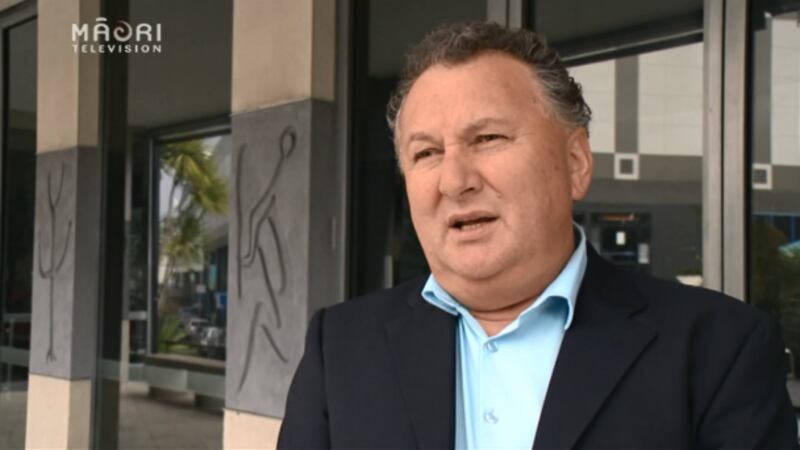The movie Straight Outta Compton was released in New Zealand cinemas today. It tells the true story of American rap group, NWA's rise to fame. The group consists of a group of Compton neighbourhood friends including rap artists, Dr Dre and Ice Cube.
They went from being industry unknowns, but when the group gained popularity they faced discrimination and racism largely from police. Former Māori activists say their struggles are similar to those of Māori.
Their struggle is being shown in theatres all over the world.
Shane Jones, who was a member of Māori protest group Te Kawariki who fought for the rights of Māori in the 1970s and 1980s, says he sees some similarities between the struggles of Black Americans and Māori.
He says, "It has to be a concern for us, as it could happen to us too."
NWA was the first of its kind, rapping to express themselves, often about oppression and racism against Black Americans by the State.
Former member of Māori reggae group, Aotearoa, Ngahiwi Apanui says Māori also expressed their activism through music.
He says, "The use of song is to carry the message the issues. Looking back Māori have performed haka and sung their issues in times of protest."
Jones says, "The spirit and uplifting seen from these people is no different to that which affected us. To take advantage of media, to force the issues to a head. Don't settle for the issues to just be left before the Crown. All this, we did in our earlier days."
This form of expression hit close to home for Māori, when Tiki Tāne was arrested for covering an NWA song aimed at police.
Apanui says, "It looks different because all those in the film are native, but there are lessons here for Māori."
The language of protest, being carried out in many different forms.

